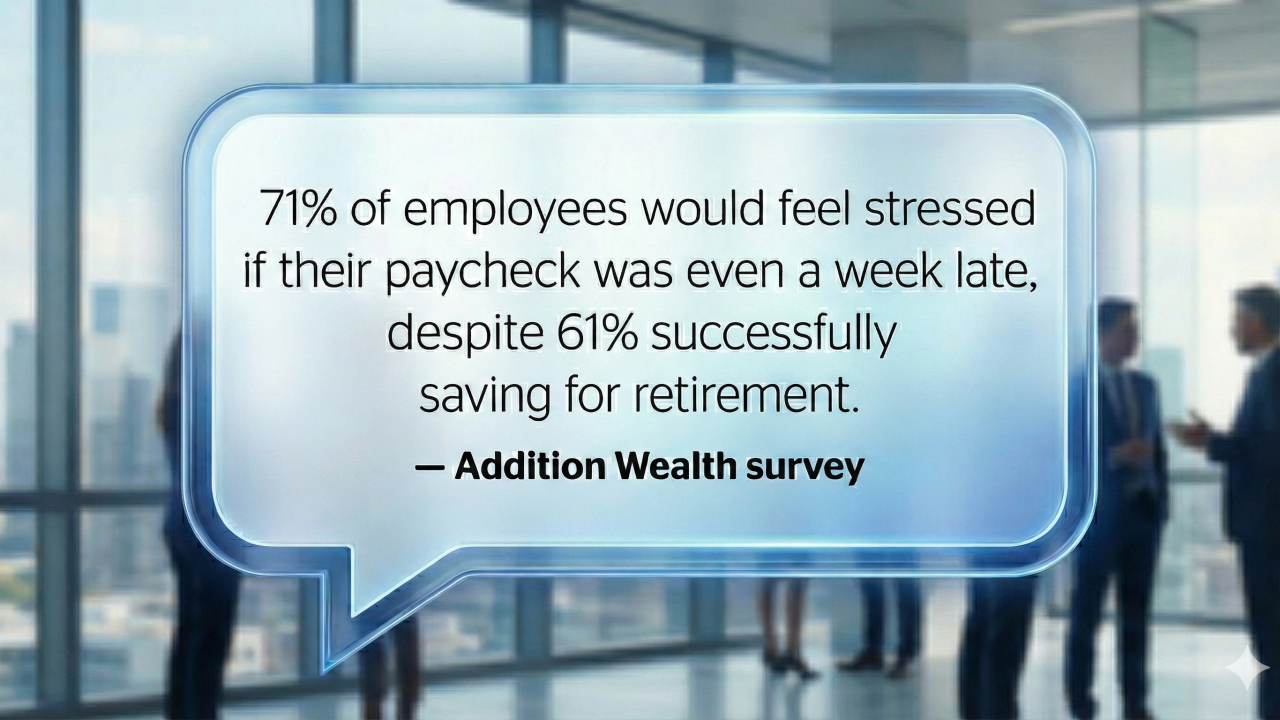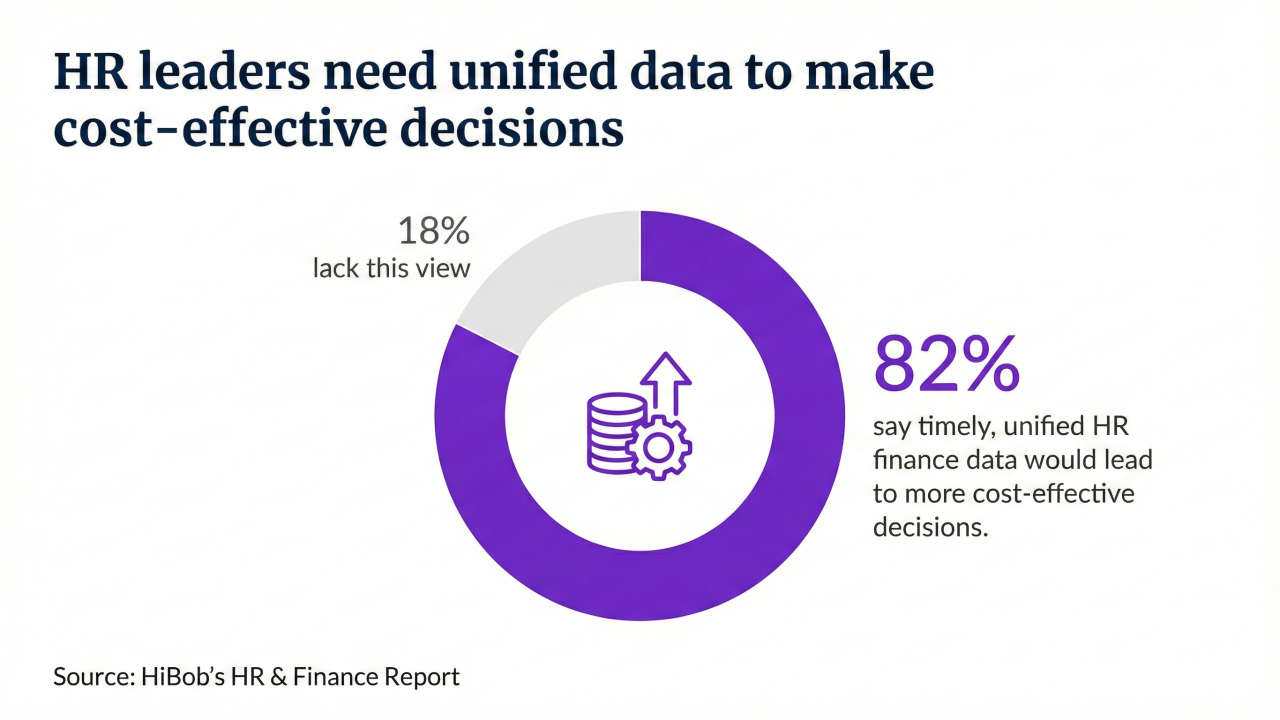Leaders talk about
Sharing appreciation for each other isn't just a feel-good add-on to the way we work. It's actually a vital leadership system with real,
The data behind being seen
Quantum Connections'
That's not just sentiment. That's retention evidence.
When leaders consistently acknowledge individuals, they're not just being nice. They're activating the psychological conditions that make people want to lean in, speak up and stick around. Being recognized for one's own unique attributes and contributions creates a powerful force called psychological safety. That safety generates the space and confidence for employees to take risks, recover from mistakes and learn valuable lessons in the process — all to advance powerful collaboration and innovative solutions. In high-pressure environments where turnover costs mount quickly and good ideas get lost in the noise, appreciation becomes the most undervalued commodity in a leader's portfolio of skills.
Read more:
Why "Thank you" outperforms perks
Today, organizations spend heavily on benefits, wellness programs and engagement platforms. These of course help, but they don't outserve the fundamental human need to be recognized locally by the person your employees report to. The health of the supervisor relationship is one of the most critical and directly-responsible factors correlating to retention: up when good and down when bad.
A premium health plan doesn't tell someone their work mattered today. A flexible PTO policy doesn't signal that their perspective shaped a decision. Perks are table stakes. Actual appreciation is relational.
Science backs this up. Recognition activates the brain's reward centers in ways that tangible benefits alone cannot. It reinforces behavior, builds trust, and creates a feedback loop where employees feel safe contributing again. That's why teams with strong recognition cultures outperform on innovation metrics — they've built an environment where people believe their input will be valued, not ignored.
Leaders often assume that compensation is enough. But salary reflects past work. Appreciation signals future possibilities. It says: You belong here. What you do matters. I see you.
That distinction drives retention in ways compensation alone cannot.
Read more:
Hardwiring appreciation into operations
The problem isn't that leaders don't value their people. It's that appreciation gets deprioritized when things get busy — precisely when it matters most.
The solution is to operationalize it. Build individual recognition into the rhythm of how work gets done, not as an occasional event but as a repeatable leadership behavior that lies at the center of core operations.
Start meetings with acknowledgment. Before diving into the agenda, name one person's contribution from the previous week. Be specific. "I appreciate that you flagged that client concern early; it saved us from a much bigger issue" means more than "great job."
Make feedback immediate. Waiting for quarterly reviews to recognize strong work dilutes its impact. Real-time appreciation reinforces the behaviors you want to see repeated and shows employees their actions and behaviors register in the moment.
Invite input visibly. Recognition isn't only about thanking people, it's about showing their ideas have weight. When someone's suggestion influences a decision, say so explicitly. "I appreciate that you share your ideas. We're moving forward with this approach because of what you raised" builds trust and encourages future participation.
Create peer-to-peer channels. Leadership appreciation matters most, but peer recognition amplifies it. Simple mechanisms — Slack channels, team shout-outs, end-of-sprint acknowledgments — normalize a culture where people notice each other's work.
Read more:
The ROI of feeling seen and heard
Retention, engagement, and innovation aren't just idealized outcomes to hope for. They're actual business outcomes with real consequences and hard costs when they're ignored. Replacing an employee costs roughly six to nine months of their salary. Disengaged teams underperform on productivity and customer satisfaction. Organizations that fail to innovate lose competitive ground.
Appreciation addresses all three. It fortifies morale and keeps people from looking elsewhere. It creates an activated culture where employees bring lots of additional discretionary effort. And it signals that speaking up is safe, and invites a wider variety of opinions, which is how breakthrough ideas surface.
This isn't about being warmer or kinder for its own sake. It's about recognizing that leadership influence comes from more than authority or strategy. It comes from making people feel they genuinely matter and their contributions make a difference.
In high-pressure environments, taking the time to notice and communicate can feel like a luxury. But it's a necessity. Because the teams that win aren't just the ones with the best plans, but the ones where people feel seen and heard enough to execute them fully.
Appreciation isn't a soft skill; it's measurable and vital leadership currency. And it's past time we started treating it that way.






